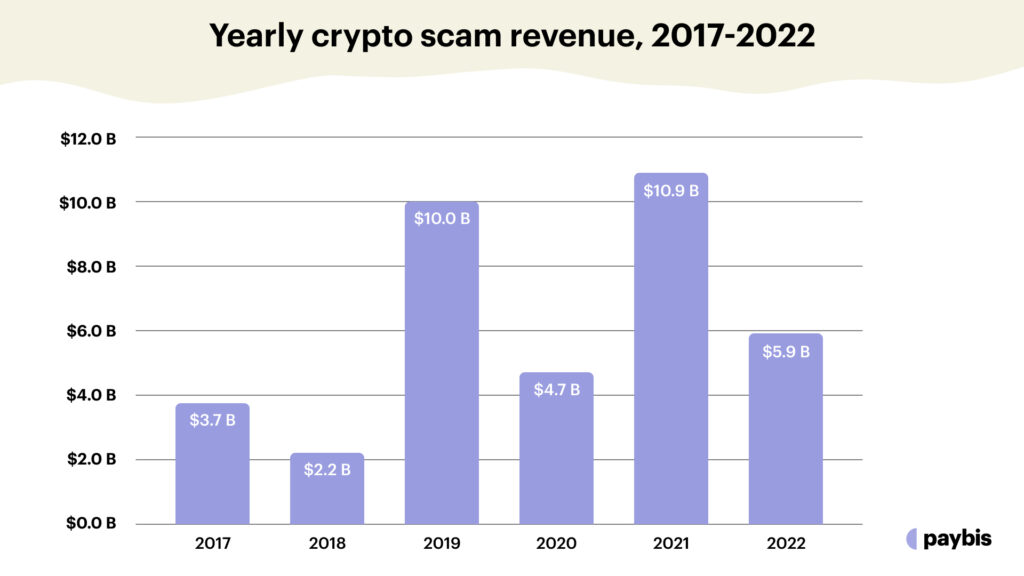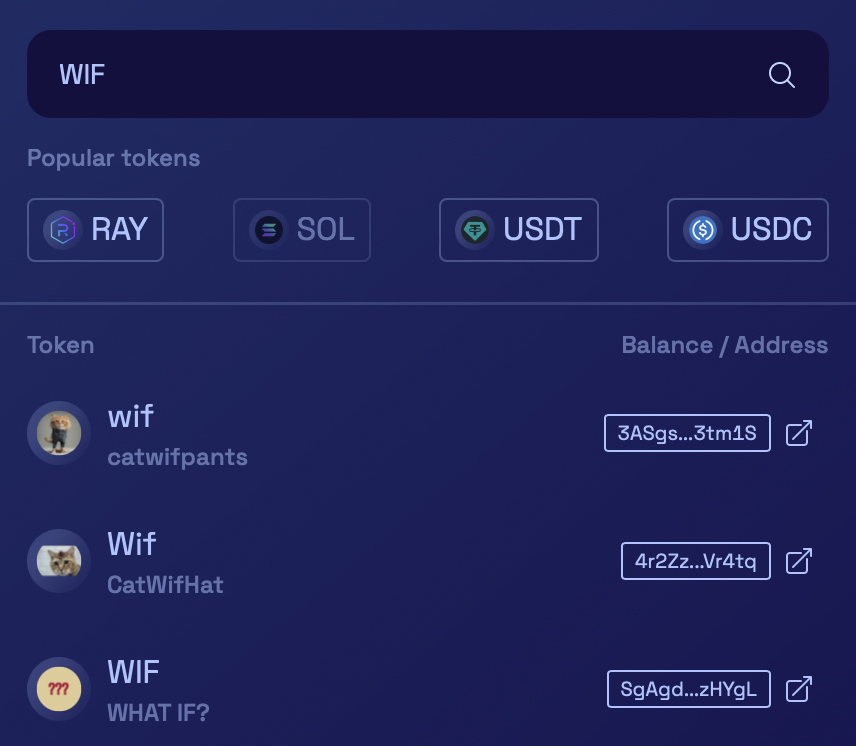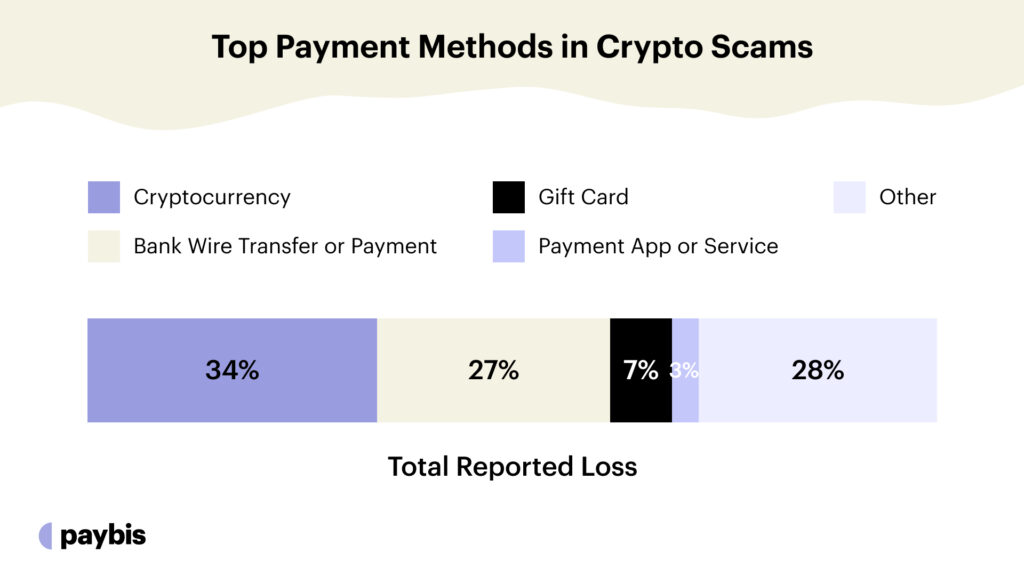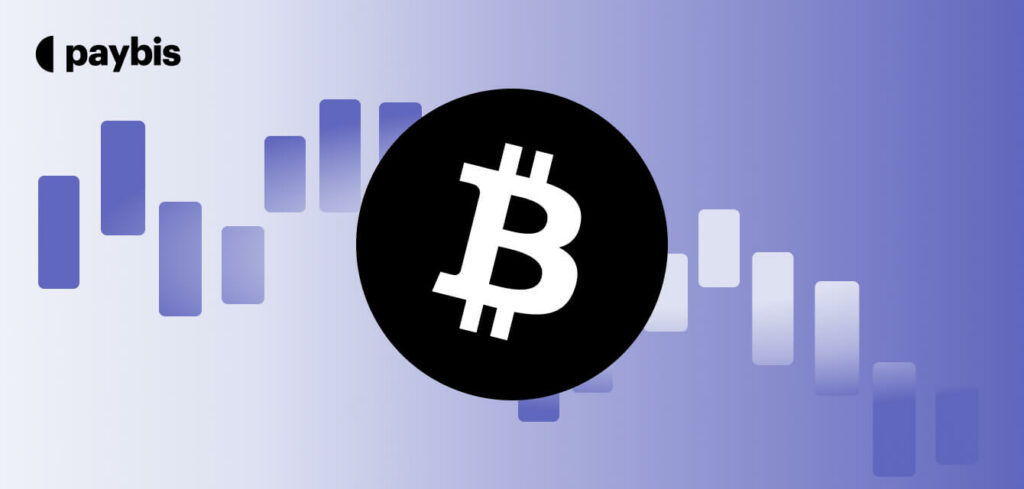How to Spot and Avoid Crypto Scams
From 2017 to 2022, revenue from crypto scams adds up to $37.4 billion, according to Chainalysis’ Crypto Crime Report 2023.
Since Bitcoin’s emergence in 2009, we have come a long way in strengthening and regulating the cryptocurrency space. Yet, there is much more needed to be done to minimize scamming and exploitation of crypto users.
To be able to spot and avoid crypto scams is essential not only for individual financial security but also for the broader health and development of the cryptocurrency ecosystem. It’s about protecting personal assets, maintaining faith in a new financial system, and ensuring the integrity and longevity of a disruptive technology.
This article will put you on the right track on how to spot and avoid crypto scams in 2024 and beyond. Scammers are getting creative, it is time we get more vigilant.
Table of contents
What is a Crypto Scam?
A crypto scam refers to fraudulent activities involving cryptocurrencies. These scams typically involve deceiving individuals or organizations into sending digital assets or funds with the promise of high returns, or through false pretenses.
These scams often promise high returns, use fake endorsements, or create phony ICOs (Initial Coin Offerings).
The decentralized and semi-anonymous nature of cryptocurrencies makes them appealing for such fraudulent activities. Being aware and cautious is essential to avoid falling victim to these scams.
A crypto scam is not the same as a crypto exploit or hack.
Scam vs Exploit vs Hack
A crypto scam involves deception and manipulation to fraudulently acquire assets from victims. Scammers use tactics like false promises, Ponzi schemes, or phishing to trick individuals into voluntarily sending them cryptocurrency or revealing sensitive information. These scams rely heavily on social engineering and prey on the victim’s trust or lack of knowledge.
Crypto exploits occur when someone takes advantage of vulnerabilities in blockchain or smart contract code. Exploits are sophisticated in nature, requiring deep technical knowledge of the systems being targeted. Unlike scams, exploits don’t necessarily involve direct interaction with victims but rather misuse the inherent technical weaknesses of a platform.
Crypto hacks refer to unauthorized intrusions into crypto exchanges, wallets, or platforms. Hackers might breach security systems to steal cryptocurrencies, often involving sophisticated cyber-attack strategies.
While all three are illegal and unethical, scams focus on deceiving people, whereas exploits and hacks target the technical infrastructure of crypto platforms.
Familiarizing yourself with the different types of cryptocurrency scams is a crucial first step in spotting and avoiding them.
6 Types of Crypto Scams (with Case Studies)
Address Poisoning Attacks
Address poisoning is a type of scam where fraudsters manipulate cryptocurrency transactions. They monitor transactions and create a wallet with an address similar to one you use, hoping you’ll mistakenly use their address for a transaction. This scam relies on the complexity of wallet addresses and the likelihood of human error.
While this tactic is termed an “attack” it is more of a scam and operates in the grey zone of the law. This is because, the scammers have technically not done anything illegal as per the books — it is acceptable to send cryptocurrency from one wallet to another in most jurisdictions where crypto is legal.
Case Study
In a span of 4 months, one address poisoning attack scammer stole about $5 million worth of cryptocurrencies from 21 victims!
The same attacker drained 10 wallets of about $2.05 million in just the first week of December 2023. All these attacks, interestingly, targeted Safe wallet users.
One Safe wallet user had $10 million worth of cryptocurrencies, of which about $400,000 was lost to the scam!
Token Duplication Scam
A token duplication scam in the cryptocurrency world involves creating a fake version of a legitimate token and listing it on decentralized exchanges or over-the-counter trading platforms.
The decentralized nature of the blockchain allows anyone to create a token with any ticker of their choosing. Scammers duplicate the name and symbol of a popular token, misleading investors into buying these worthless replicas instead of the authentic token. These scams exploit the open nature of decentralized platforms, where anyone can list tokens. Investors should always verify token contract addresses and rely on reputable sources for information to avoid falling victim to such scams.
Case Study
A notable token duplication scam involved scammers creating a fake BNB token named “RonWeasleyTrumpZelda666Inu” but using the BNB symbol. This fake token, with a significantly low daily trading volume and holder count, was designed to mislead investors by mimicking the popular BNB token.
Giveaway Scam
Giveaway scams are a particularly insidious type of crypto fraud where scammers promise to multiply the cryptocurrency sent to them, usually under the guise of a promotion or giveaway.
Scammers do this in many ways. They may portray as a celebrity or a trust-worthy organization and trick you into depositing with the promise of instantaneous higher returns. Another common tactic is to get you to connect your crypto wallet to a malicious website, citing reasons like verification and authentication, only to drain all your funds.
Case Study
In 2021, a man lost over $400,000 worth of Bitcoin by falling prey to a giveaway scam that impersonated the famous tech billionaire Elon Musk. The giveaway scam promised to double any amount that was sent to a Bitcoin address. In a whim, Sebastian, the victim, sent 10 BTC but never received the promised reward.
“I threw my head onto the sofa cushions and my heart was beating so hard. I thought I’d just thrown away the gamechanger for my family, my early retirement fund and all the upcoming holidays with my kids,” said Sebastian.
Impersonation Scam
Impersonation scam is a form of fraud where scammers disguise themselves as authoritative figures or experts. This approach is insidiously effective as it plays on the trust and respect people have for authority.
These scammers typically pretend to be government officials, tech support agents, or representatives from well-known organizations. They create a scenario of urgency or trouble, convincing the victim that they need to send cryptocurrency to resolve an issue, avoid legal consequences, or secure their accounts.
For instance, you might be approached by someone claiming to represent Paybis and attempt to trick you into send them cryptocurrency. Note that Paybis will never ask you for your wallet seed phrase, any password or cryptocurrency. If you encounter an impersonator, please block them and report to us via email.
Case Study
On July 15, 2020, a major security breach occurred on Twitter. The accounts of prominent figures, including former U.S. President Barack Obama, Democratic presidential candidate Joe Biden, and billionaires Elon Musk and Bill Gates, were compromised.
The attackers tweeted a Bitcoin scam from these accounts, promising to double any Bitcoin sent to a specified address. The scam quickly collected over $100,000 in Bitcoin.
This incident highlighted the risks of cryptocurrency scams, especially involving impersonation, and raised serious concerns about social media security.
Romance Scam
A romance scam (a.k.a. pig butchering scam) in the cryptocurrency world involves a scammer forming a fake romantic relationship with the victim. The scammer gains the victim’s trust and affection, then exploits this emotional connection to solicit cryptocurrency.
According to the FTC, romance scam reports amounted to over $1.3 billion in 2022, of which 34% were attributed to cryptocurrency.
Typically, the scammer creates a fake online persona and engages in prolonged courtship to build trust. Once a significant emotional bond is established, they concoct a story requiring urgent financial assistance, often framed as a personal crisis, business opportunity, or a need to visit the victim. The scammer persuades the victim to send cryptocurrency, promising repayment or citing it as proof of affection.
For example, someone you meet online, who seems genuinely interested in you, might one day claim to be in a financial bind. They might ask for your help in the form of a cryptocurrency transfer, assuring you it’s a temporary situation.
Case Study
In 2022, a woman was defrauded of $80,000 in a romance scam on Facebook. The scammer, posing as a US soldier serving in Raqqa, Syria and named Murphy Townsend, connected with the woman on Facebook.
When the two got closer, the scammer began asking for money claiming it was for hospital bills and plane tickets. He did not divulge any more useful details or justification.
The relationship lasted about 2.5 years. The victim found out it was a scam when she contacted the US Army to enquire about a Murphy Townsend only to find out there was nobody by that name on their rolls.
Rug Pull Scam
A rug pull scam is one of the oldest in the book. In this type of fraud, developers create a legitimate-looking project or cryptocurrency, gather investments, and then withdraw all funds, abandoning the project. This leaves investors with worthless tokens.
Rug pulls are common in decentralized finance (DeFi) platforms, where developers can launch tokens with little oversight. Investors are attracted by the promise of high returns, but once a significant amount of money is invested, the creators withdraw the funds and disappear.
Case Study
The Squid Game token scam capitalized on the popularity of memecoins like Dogecoin, exploiting investors’ desire to find the next big opportunity. Mimicking the success of Dogecoin, SQUID, named after the hit Netflix series “Squid Game,” seemed an attractive investment.
However, it turned out to be a rug pull. The token’s value surged dramatically before the creators abruptly withdrew the funds and disappeared, leaving the token worthless. The token’s value skyrocketed to $2,856 and then crashed to less than a cent as the developers vanished with an estimated $3.3 million.
Useful links
- The Ultimate Guide to Crypto Malware
- What is a Pump and Dump Scheme
- Top 5 crypto myths that beginners have
- Are Blockchain Wallets Safe?
Best Practices to Avoid Crypto Scams
New scams surface regularly. Stay informed by following crypto news platforms and participating in crypto communities. The Paybis blog is a part of our effort to hold your hand through the treacherous path of crypto scams and emerge a hero on the other side.
Educate Yourself About Cryptocurrencies and Blockchain
Knowledge is power. Understanding how cryptocurrencies and blockchain technology work is your first line of defense. Familiarize yourself with the basics of blockchain, different types of cryptocurrencies, and how legitimate crypto transactions are conducted.
That way, next time someone tries to scam you into revealing your seed phrase or sending cryptocurrency, your alarms go off!
Verify the Legitimacy of the Project
Before investing in any crypto project:
- Do Your Research: Look into the project’s whitepaper, development team, and road map.
- Check Authenticity: Ensure the project website is secure (look for ‘https’ and a padlock symbol in the URL).
- Seek Community Feedback: Explore forums like Reddit, and Twitter to gauge the community’s opinion.
Be Skeptical of Unrealistic Promises
If a project promises high returns with little or no risk, it’s a red flag. In the crypto world, high rewards often come with high risks. Be wary of schemes that guarantee consistent profits regardless of market conditions.
Remember, if it is too good to be true, it probably is.
Use Reputable Crypto Exchanges and Wallets
Always use well-known and reputable exchanges for your transactions. When it comes to storing your cryptocurrencies, opt for secure wallets – consider hardware wallets for higher security.
Paybis is a trustworthy place. The platform has an ‘Excellent’ rating on Trustpilot and the Paybis Wallet allows users to store cryptocurrencies in a publicly verifiable manner.
Regularly Update Your Software and Apps
Keep your antivirus and anti-malware software up to date. Regular updates can help protect your digital assets from hackers and malware.
Also update your apps regularly, particularly wallet apps, as they periodically introduce security patches. These can help in sealing off any vulnerabilities or backdoor entries.
Be Cautious with Social Media Offers
Scammers often use social media to promote fraudulent schemes. Be wary of unsolicited offers and too-good-to-be-true opportunities, especially from unofficial or unverified accounts.
Even if the account is verified, you must be sure that it is not compromised. Remember, even the US President’s Twitter account was hacked to scam users into sending BTC.
Use Two-Factor Authentication (2FA)
Always enable 2FA on your crypto accounts. If your password gets compromised, 2FA acts as a second barrier, preventing unauthorized access.
Phishing attempts, where scammers trick you into revealing your credentials, can be thwarted by 2FA, as the attacker would also need the second factor to gain access.
How to Spot Legitimate Platforms and Avoid Scam Platforms
Understanding how to distinguish between legitimate and fraudulent platforms is crucial for protecting your investments and personal information.
Below are key factors to consider.
Proof of Reserves
Legitimate cryptocurrency platforms often provide proof of reserves. This means they publicly verify that they hold enough assets (cryptocurrencies and fiat money) to cover all customer balances. This transparency is a strong indicator of a platform’s financial health and integrity.
- Audit Reports: Look for platforms that undergo regular, independent audits by reputable firms. These audits should verify the existence and adequacy of the platform’s reserves.
- Transparency: Platforms that openly share their financial status, including reserve holdings and liabilities, are generally more trustworthy.
This tool by Nansen can help you dive deeper into the reserves of several exchanges.
Reputation
The reputation of a platform in the crypto community is a significant indicator of its legitimacy.
- User Reviews: Check forums, social media, and review websites for feedback from other users. While no platform is free from criticism, consistent negative reviews can be a red flag.
- History of the Platform: A platform with a long, stable history is usually more reliable than a new, untested one. Be wary of platforms that have been involved in scandals or regulatory issues.
For instance, you know that Paybis is a legitimate platform to buy and sell crypto because of the impressive community rating and reviews on platforms like Trustpilot.
Licenses & Registrations
Legitimate platforms often have licenses and registrations with relevant regulatory authorities.
- Regulatory Compliance: A platform that adheres to regulatory standards is more likely to be legitimate. Look for information about their compliance with laws and regulations, particularly in the jurisdictions they operate in.
- Licensing Information: Check their website for licensing information. This can often be found in the footer, home page or in an “About Us” section.
You can see that Paybis is registered with multiple notable entities including FINCEN (USA) and FINTRAC (Canada).
Educational Content Publication
Platforms that are committed to the safety and education of their users often provide resources to help them spot and avoid crypto scams.
- Educational Resources: Look for articles, guides, or webinars on how to identify and avoid scams. This indicates that the platform cares about its users’ security and is taking steps to educate them.
- Active Communication: Platforms that actively alert their users about ongoing scams and provide regular security tips are often more trustworthy.
The fact that you are reading this on Paybis blog is a testament to our commitment in educating you on spotting and avoiding crypto scams.
Where to Report a Crypto Scam?
Navigating the aftermath of a crypto scam can be daunting, especially considering the decentralized nature of most cryptocurrencies. While the structure of blockchain technology can sometimes make it challenging to recoup losses, there are steps you can take to report a scam.
Understanding the Limitations
Unlike traditional banking, where fraudulent transactions can sometimes be reversed, cryptocurrencies operate on a decentralized network. This means there’s no central authority to reverse transactions.
In rare cases, like The DAO hack, the broader community might agree on a reset or a fork in the blockchain to recoup losses. However, such actions are controversial and depend heavily on the scale of the impact.
Reporting a Crypto Scam
Even if the funds seem irretrievable, reporting the scam is crucial. It helps authorities track scam patterns and may prevent others from falling victim.
- Contact Crypto Exchanges: If you transferred funds through a crypto exchange, contact them immediately. They might not be able to retrieve the funds but can take steps to prevent further fraudulent activity.
- File a Report with Law Enforcement: Report the scam to your local law enforcement. Provide them with all relevant information, including transaction details and any communication with the scammers.
- Online Reporting Portals: Use online platforms like the FBI’s Internet Crime Complaint Center (IC3) or other similar portals in your country.
- Cybercrime Units: Some countries have dedicated cybercrime units within their police force. Reporting to them can be particularly effective for online scams.
- Cryptocurrency Forums and Communities: Alerting the community through forums like Reddit, Bitcointalk, or Crypto Twitter can help warn others and sometimes garner community support for recovery efforts.
- Legal Action: In some cases, legal action might be an option. Consult with a lawyer who specializes in cryptocurrency to explore this route.
Final Thoughts
The crypto space is vibrant and full of opportunities, but it’s also a breeding ground for scams and fraudulent activities. With the rise of innovative technologies comes the unfortunate increase in crypto scams. Understanding these scams, from address poisoning attacks to token duplication and rug pulls, is crucial in safeguarding your digital assets.
As the statistics indicate, billions have been lost to crypto scams, underscoring the importance of vigilance and informed decision-making in this digital frontier. Remember, knowledge is not just power; it’s protection. Familiarizing yourself with the types of scams and the best practices to avoid them is your first line of defense against these digital predators.
At Paybis, we are committed to more than just facilitating cryptocurrency transactions. Our mission extends to empowering you, our valued users, with the knowledge and tools needed to navigate the crypto landscape safely. That’s why our blog doesn’t just stop at informing you about crypto trends and opportunities; it delves deep into educating you on how to spot and avoid potential scams.
Keep learning.
Stay safe.
Disclaimer: Don’t invest unless you’re prepared to lose all the money you invest. This is a high‑risk investment and you should not expect to be protected if something goes wrong. Take 2 mins to learn more at: https://go.payb.is/FCA-Info










